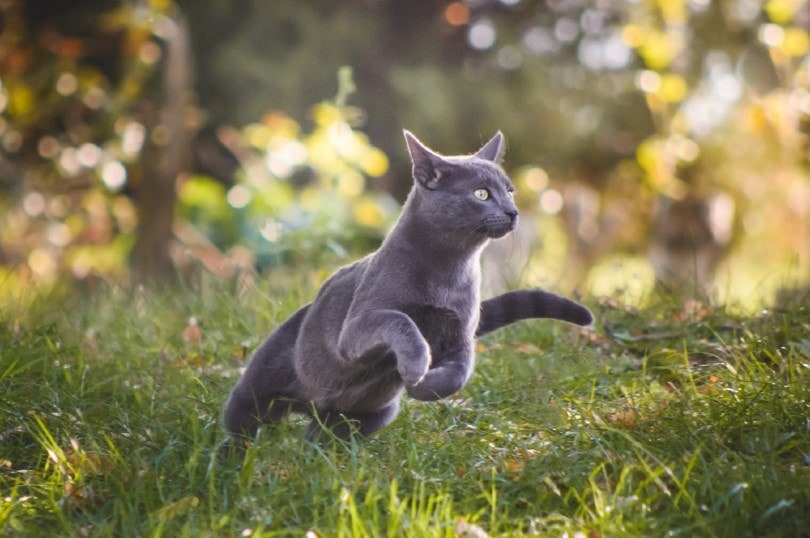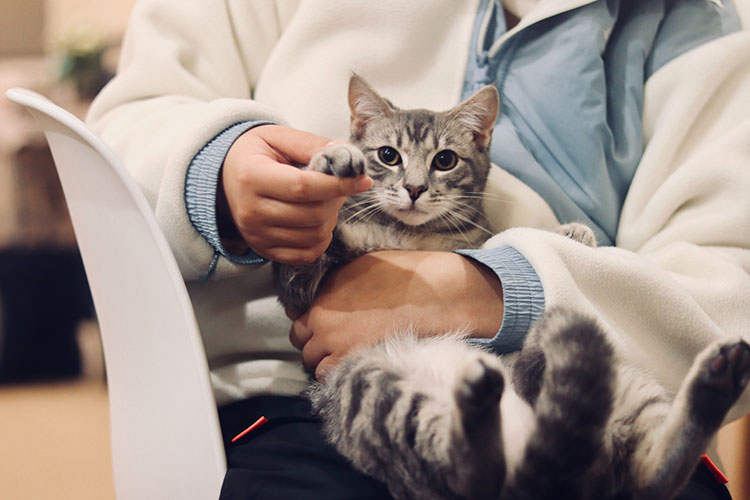Cats, with their discerning palates and unique dietary preferences, often leave us wondering: what exactly can cats taste? As feline enthusiasts, understanding the nuances of their taste perception enhances our ability to provide them with nutrition that not only satisfies their cravings but also supports their overall health. Let’s delve into the fascinating world of feline taste sensation.
What Do Cats Taste?
- Bitterness: Cats possess taste receptors for bitterness, serving as a protective mechanism against potentially harmful substances in their environment. These receptors, known as TAS2Rs, help cats avoid ingesting toxic or spoiled foods. Research from the American Animal Hospital Association (AAHA) highlights the importance of bitter taste perception in cats, influencing their food choices and dietary behavior.
- Sourness: While cats have a diminished ability to taste sourness compared to humans, they can still detect acidic flavors to some extent. The American Association of Feline Practitioners (AAFP) notes that cats may exhibit preferences for slightly acidic tastes, which can influence their food preferences and acceptance.
- Sweetness: Unlike humans, cats lack the specific taste receptors for sweetness. Research cited by AAHA suggests that cats do not have a natural affinity for sweet flavors, which aligns with their evolutionary diet as obligate carnivores. Their taste perception is tuned to prioritize protein-rich foods over carbohydrates.
- Umami: Cats possess taste receptors for umami, the savory taste associated with amino acids like glutamate. This sensitivity to umami flavors is essential for cats to detect protein-rich sources in their diet, contributing to their carnivorous nature. AAFP emphasizes the significance of umami taste perception in cats, influencing their food preferences and dietary behaviors.
Understanding what cats can taste provides valuable insights into their dietary preferences and nutritional needs. By incorporating knowledge from organizations like AAHA and AAFP, we can ensure that our feline companions receive diets tailored to their natural inclinations, promoting their health and well-being.





















































































